🎧 The AI Invasion of City Pop: Can the Soul of a Genre Survive?
City pop, once a lush and nostalgic wave of glamorous Japanese pop-funk from the late ’70s and ’80s, has recently become the latest target in the growing march of generative AI. What started as a digital renaissance — with Western audiences discovering artists like Mariya Takeuchi and Tatsuro Yamashita — is quickly deteriorating into a flood of lifeless machine-made clones. The soul of the genre, built on jazz harmonies, layered instrumentation, and romantic mystique, is being flattened into algorithmic loops with artificial charm and no real heart.
Once the province of crate-diggers and passionate fans rediscovering old vinyl treasures, city pop is now overflowing with AI-generated tracks on YouTube and Spotify. These songs often feature unrealistic, retro-fetishized artwork — glossy, smiling women posing by sports cars under pixel-perfect sunrays — and misleading titles that imply real cultural or temporal specificity: "Rainy Tokyo Love," "Cruising Through Shinjuku '84," or "Night Feels in Harajuku."
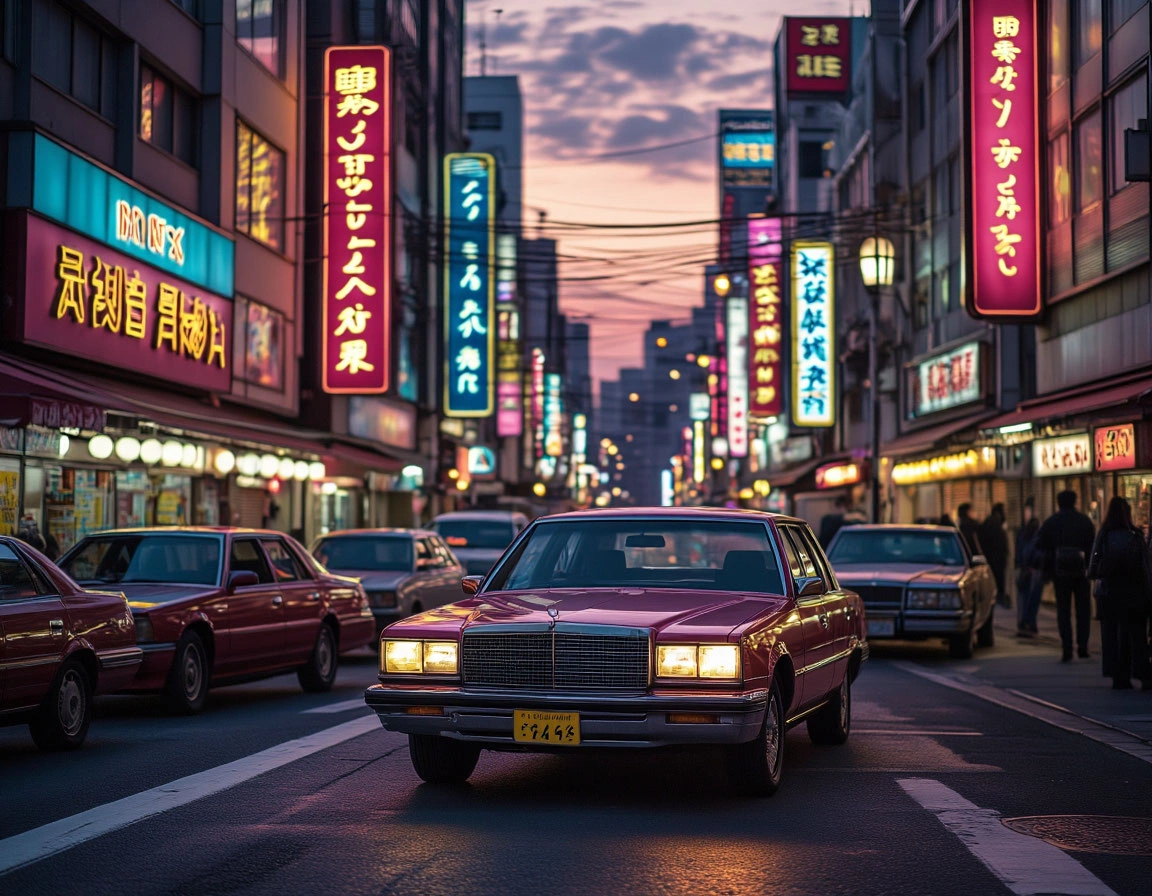
Listeners and collectors are starting to notice the cracks. In forums and fan communities, people have begun unraveling the truth behind many of these tracks. Sometimes it's as small as a detail on a license plate in the artwork that doesn't comply with Japanese standards, or clothing styles that don’t match the era. Other times, digging into Discogs reveals the absence of any record or history for the supposed "artist." AI music may be prolific, but it's often shallow — with four or five audio layers trying to mimic the complexity of a genre built on intricate musical craftsmanship.
Musician Amanda Nolan, who grew up between Nashville and Tokyo, describes the issue plainly: “There’s so much layering in real city pop — jazz chords, horns, analog synths, real drum machines — every element counts. AI music skips all of that nuance.” As she reconnected with her roots through city pop covers, she found AI renditions insulting: sterile loops that rely on recycled progressions from classics like “Plastic Love” or “Stay With Me,” delivered by synthetic vocals and clumsy lyrics that mimic language but lack soul.
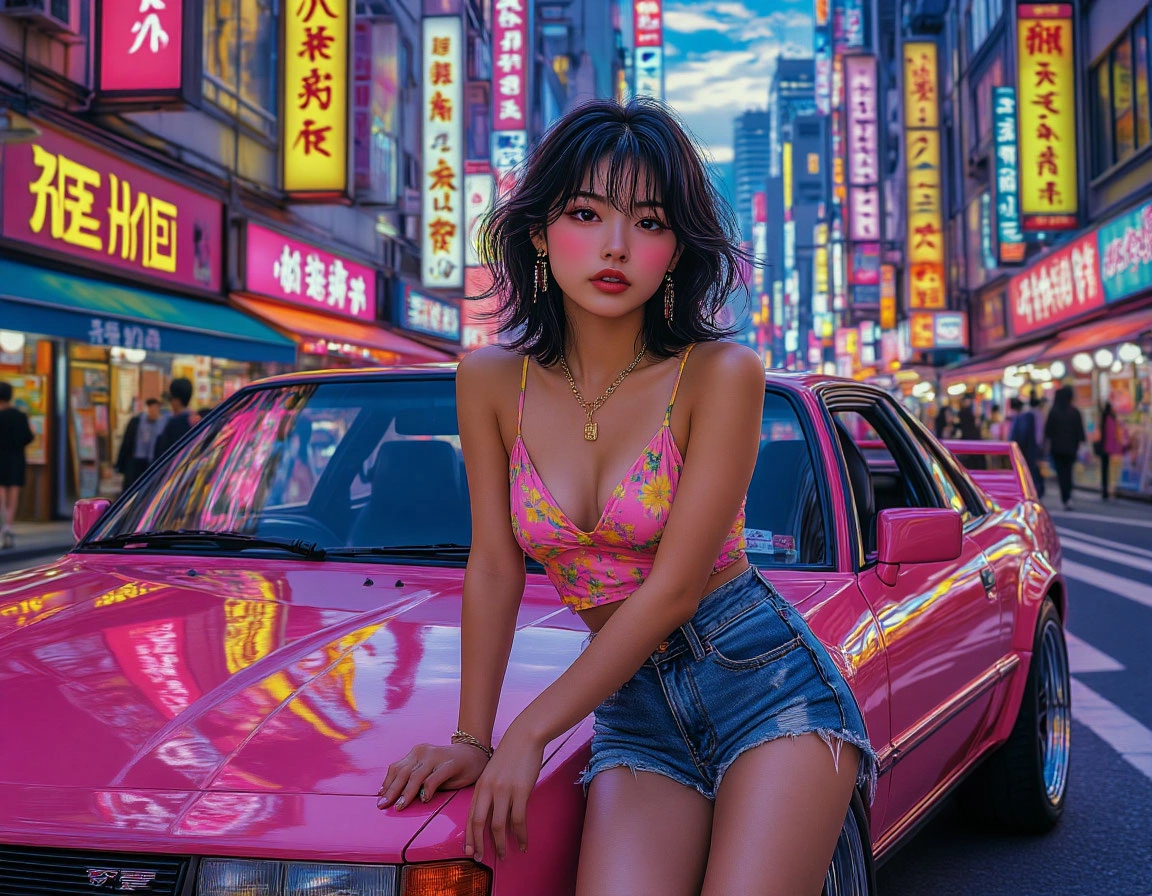
The AI-produced tracks flooding YouTube — often hours-long mixes with names like “Heartfelt Tokyo Nostalgia Night Drive” — are designed to game recommendation algorithms, not respect the genre’s legacy. To some, it’s just another form of background music, indistinguishable from lo-fi hip hop. But to artists like Yung Bae, a producer heavily influenced by city pop and future funk, this trend feels like cultural vandalism. “Typing prompts into AI isn’t music production,” he says. “It’s doomscrolling in audio form.”
However, not all AI efforts are careless. Sho, a 39-year-old producer from Shimane, Japan, uses tools like Suno to make AI city pop mixes with care and intention. He feeds his own piano and guitar recordings into the software, adds era-specific effects, and spends a week crafting a single three-hour mix. Sho’s channel Beat Flickers has earned him about $7,000 since last year, and while his vocals still have that metallic sheen, his attention to detail — like proper use of Japanese lyrics and authentic instrumentation — sets his work apart from the noise.
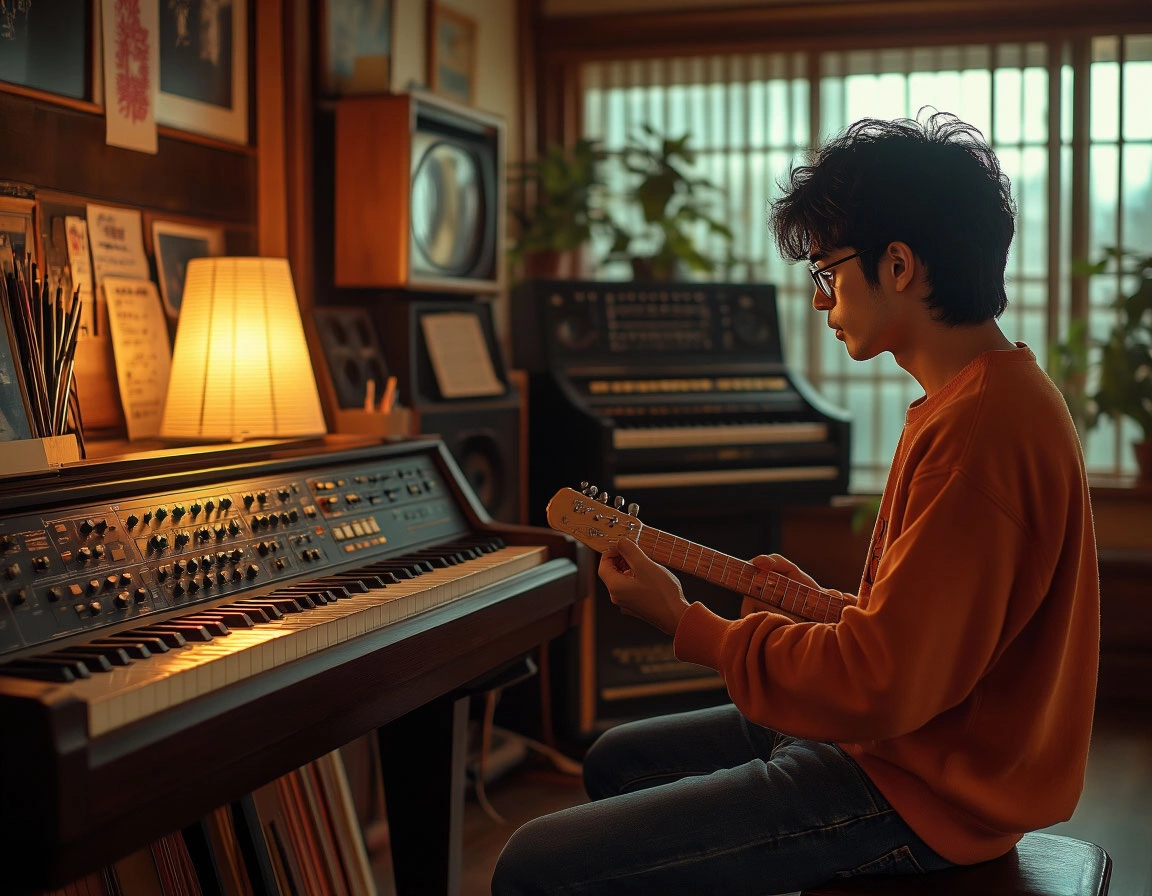
Sho listens to his creations on walks with his dog, Abby. He’s hopeful but honest: “I don’t think AI can surpass the human magic of real city pop — but maybe it can help expand it, respectfully.” His dream is to one day collaborate with a real city pop singer. Until then, he treats the process like archiving a feeling — not replacing it.
Platforms like Spotify and YouTube have been slow to regulate this generative flood. While YouTube now allows creators to disclose AI use, there are no serious content restrictions outside of political deepfakes or abuse. Their recent tweaks to demonetize repetitive uploads may slow some of the worst spam, but the music landscape is already saturated with formulaic AI tracks masquerading as authentic culture.
Reddit moderator Jake, who runs the r/citypop community of 75,000 fans, has enforced a “no AI” policy — though enforcement is tricky. Many fan-made songs, even by humans, fall into the same Muzak-like trap and get flagged. “A lot of the attempts lack the emotional essence of the genre,” Jake explains. “The spirit of city pop is in the imperfections — the warm reverb, the offbeat drums, the way a singer holds a note just too long. AI can’t replicate that.”
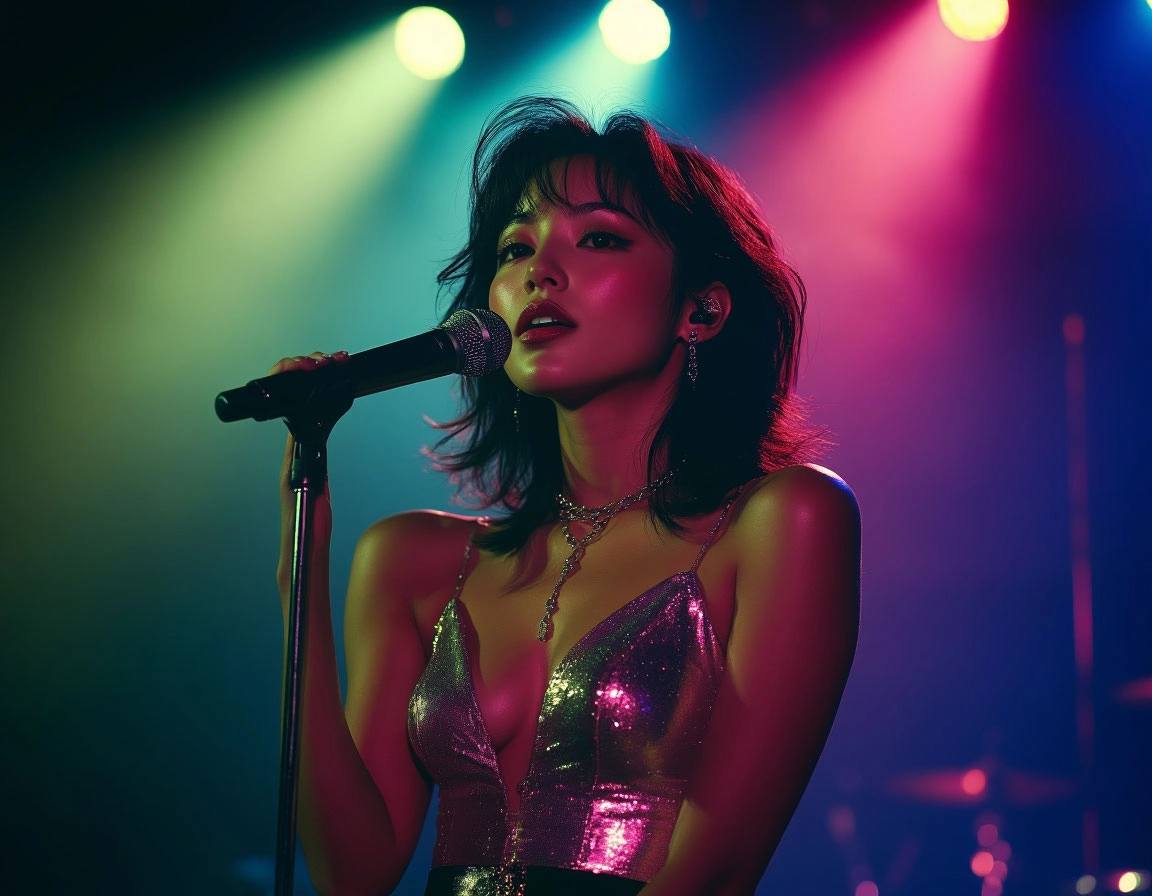
But not everyone sees AI as a threat. Jaime Lukini, a 52-year-old Peruvian-American musician living in Portugal, considers AI a revolutionary tool — “a complex, unpredictable assistant,” as he puts it. For him, AI is like a new synthesizer or sampler: not a replacement for creativity, but an extension of it. “The emotion still comes from the human,” he says. “AI just expands the canvas.”
Still, as algorithms continue to privilege click-friendly generative tracks over the rich heritage of city pop, a deeper fear is surfacing. What happens to the genre’s legacy when the archives are flooded with imitations? When future generations try to study the music, will they be able to tell the real from the fake? Will Tatsuro Yamashita’s pioneering work be remembered — or buried under a pile of synthetic nostalgia?
City pop’s story is one of glamour, longing, and human craftsmanship. As fans and musicians fight to preserve its essence, one thing is clear: art made by humans is irreplaceable — no matter how perfect the illusion becomes.
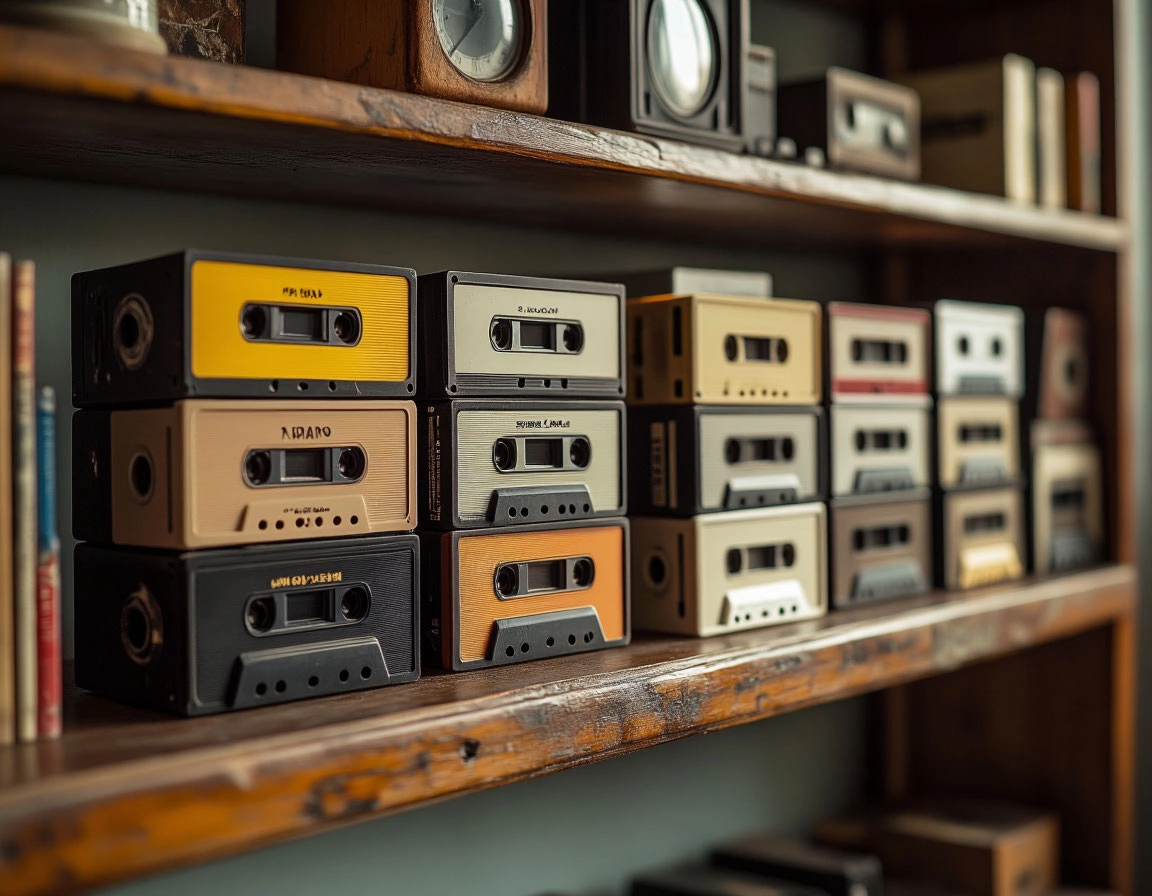
Close